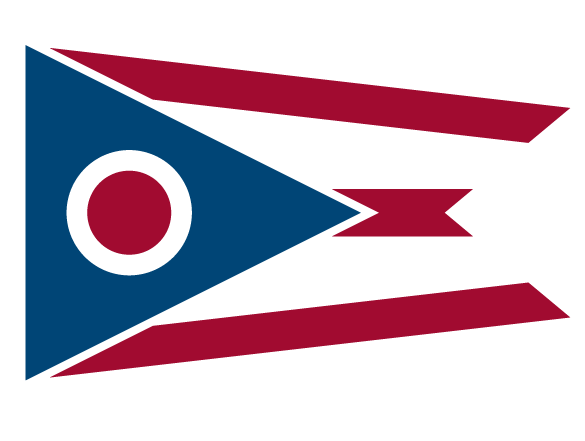The Conservation Reserve Program (CRP) offers cost share to landowners for converting highly erodible cropland or other environmentally sensitive acreage to vegetative cover, such as native grasses, wildlife plantings, trees, filterstrips, or riparian buffers. CRP reduces soil erosion, protects the Nation's ability to produce food and fiber, reduces sedimentation in streams and lakes, improves water quality, establishes wildlife habitat, and enhances forest and wetland resources.
The Wildlife Habitat Incentives Program (WHIP) encourages creation of high quality wildlife habitat, such as wetlands and native prairies, on private land. Through WHIP, technical and financial assistance are offered to landowners to develop upland, wetland, riparian, and aquatic habitat areas on their property.
Even if your land is dotted with trees, spongy with wet areas, or spanned by cropfields, there are options for creating habitat:
Here is a list of people that deal with Private Land Management
Here are some additional ideas on how to Enhance Wildlife Habitat on Farmlands .
Don't have a lot of land to enroll in one of the programs mentioned above?
Click here for more ways to enhance wildlife habitat in your suburban or urban backyard.
 An official State of Ohio government website.
Here's how you know
An official State of Ohio government website.
Here's how you know
